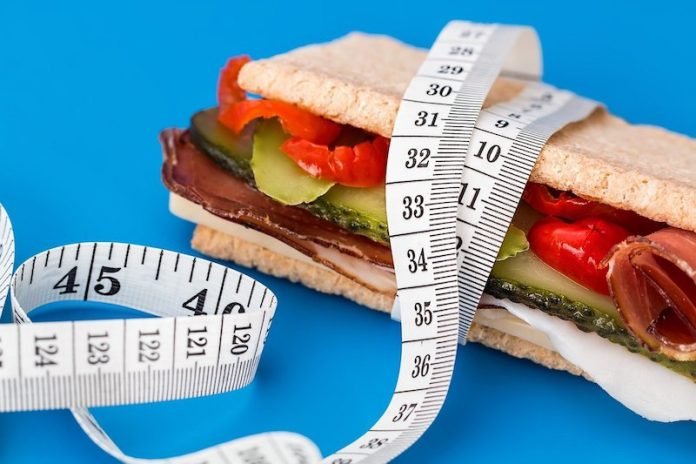
In a new study, researchers found restricting meals to early in the day did not affect weight among overweight adults with prediabetes or diabetes.
The research was conducted by a team at Johns Hopkins University.
In the research, the team tested 41 overweight adults in a 12-week study.
Most participants (90%) with prediabetes or diabetes, and average age of 59 years.
Twenty-one of the adults followed a time-restricted eating pattern, limiting eating to specific hours of the day and ate 80% of their calories before 1 p.m.
The remaining 20 participants ate at usual times during a 12-hour window, consuming half of their daily calories after 5 p.m. for the entire 12 weeks.
All participants consumed the same pre-prepared, healthy meals provided for the study. Weight and blood pressure were measured at the beginning of the study; then at 4 weeks, 8 weeks, and 12 weeks.
The team found that people in both groups lost weight and had decreased blood pressure regardless of when they ate.
The team thought that the time-restricted group would lose more weight. Yet that didn’t happen.
The researchers did not see any difference in weight loss for those who ate most of their calories earlier verses later in the day. We did not see any effects on blood pressure either.
The researchers are now collecting more detailed information on blood pressure recorded over 24 hours, and they will be compiling this information with the results of a study on the effects of time-restricted feeding on blood sugar, insulin, and other hormones.
Together, these findings will help scientists to more fully understand the effects of time-restricted eating on cardiometabolic health.
One author of the study is Nisa M. Maruthur, M.D., M.H.S., an associate professor of medicine, epidemiology and nursing.
The study was presented at the American Heart Association’s Scientific Sessions 2020.
Copyright © 2020 Knowridge Science Report. All rights reserved.



